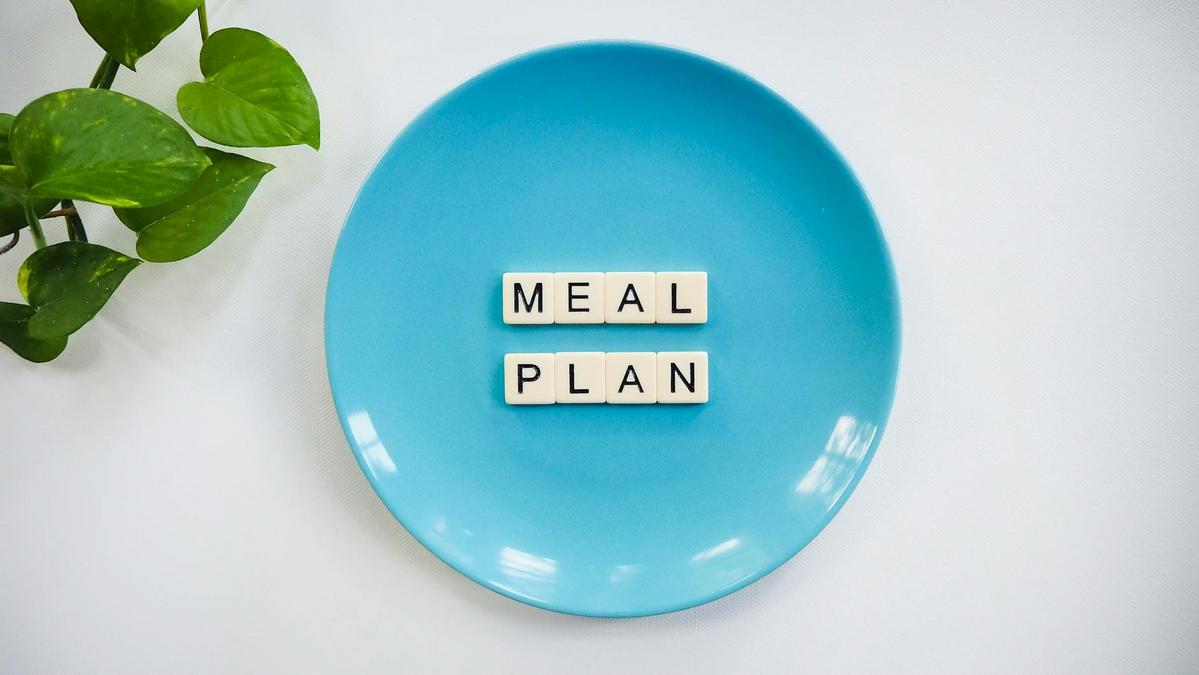
Meal Prepping for Success: How to Stay on Track
Meal prepping has become a popular strategy for those looking to maintain a healthy lifestyle amidst busy schedules. It offers an efficient way to ensure nutritious meals are always on hand, reducing the temptation to opt for less healthy options.
The Benefits of Meal Prepping
Meal prepping is not just about saving time; it’s a practice that can significantly impact your health and wellness journey. According to a survey by the American Heart Association, individuals who prepare their meals tend to consume fewer calories and more nutritious foods compared to those who frequently dine out.
Expert Insights
Nutritionist Dr. Clara Robert discusses how meal prepping can lead to better portion control and improved nutritional intake. She highlights the importance of planning meals around whole foods, which can help in maintaining a balanced diet.
Statistics That Matter
A study published in the Journal of Nutrition Education and Behavior found that people who spent more time on meal preparation had a greater likelihood of meeting dietary guidelines. This suggests that investing time in meal prepping can be a key component in achieving dietary goals.
Personal Experience: Mark’s Journey
Emil, a busy professional, found himself relying on fast food due to time constraints. By dedicating a few hours on Sundays to meal prep, he managed to save money and improve his eating habits, losing 15 pounds over three months.
Actionable Tips for Successful Meal Prepping
- Plan Your Meals: Decide on your meals for the week and make a shopping list to avoid impulse buys.
- Batch Cooking: Cook large quantities of staple foods like grains and proteins, which can be easily mixed and matched.
- Invest in Quality Containers: Good storage containers make it easy to organize meals and keep food fresh.
- Start Small: Begin with prepping one or two meals a week and gradually increase as you get comfortable.
- Stay Flexible: Be open to adjusting your meal plan based on your schedule and cravings.
Meal Prepping Comparison Table
| Aspect | Meal Prepping | Eating Out |
|---|---|---|
| Cost | Generally lower | Higher |
| Nutrition | More control | Less predictable |
| Time | Initial investment but saves time later | Quick but not always available |
| Portion Control | Easy to manage | Often oversized |
| Variety | Customizable | Limited by menu |
| Health Impact | Generally positive | Varies |
| Environmental Impact | Less packaging waste | More packaging waste |
| Convenience | High once prepared | High but can be unhealthy |
Frequently Asked Questions
How long can meal prepped food last?
Most meal prepped food can last 3-5 days in the fridge. It’s essential to store them properly to maintain freshness.
Can meal prepping help with weight loss?
Yes, meal prepping can help with weight loss by allowing better control over portion sizes and nutritional content.
What if I have dietary restrictions?
Meal prepping is highly flexible and can be tailored to fit any dietary restrictions by choosing appropriate recipes.
Conclusion
Meal prepping is a powerful tool for maintaining a healthy diet and lifestyle. By planning and preparing meals in advance, you can ensure that you stay on track with your nutritional goals. Whether you’re looking to save time, eat healthier, or simply improve your cooking skills, meal prepping can offer numerous benefits. Start small, stay organized, and enjoy the process of creating delicious and nutritious meals. Ready to get started? Grab your meal prep containers and take that first step towards a healthier you!


